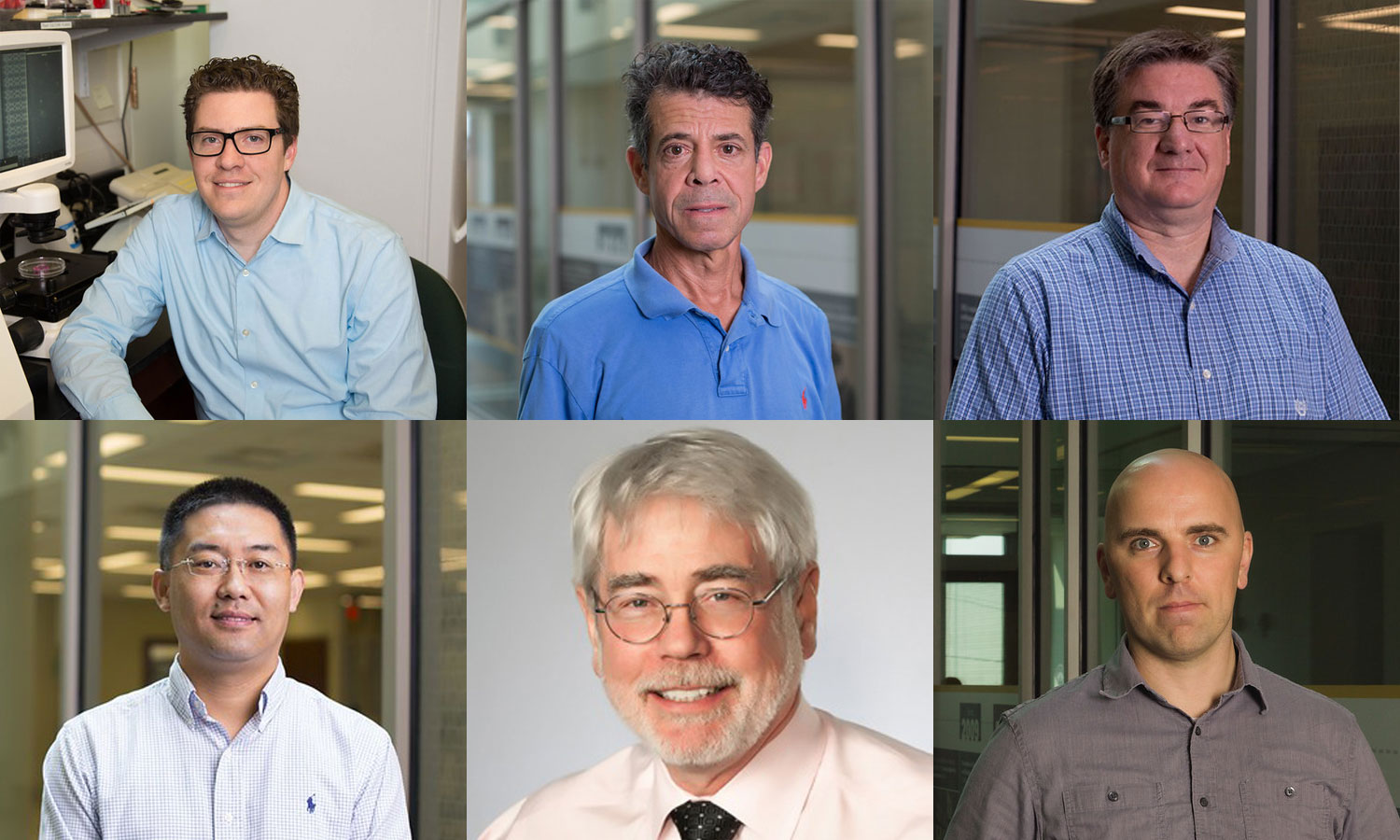Several VCU College of Engineering researchers were selected to receive the first round of awards from the VCU COVID-19 Rapid Research Funding Opportunity.
“Our faculty have now embarked on studies to help us deal with the COVID-19 crisis we are experiencing now,” said Barbara D. Boyan, Ph.D., the Alice T. and William H. Goodwin, Jr. Dean of VCU Engineering. “Importantly, their findings will also make us safer as we go forward. They will provide information and technologies needed to meet future challenges.”
Nearly 70 investigators from the university applied for funding from the Office of the Vice President for Research and Innovation and the C. Kenneth and Dianne Wright Center for Clinical and Translational Research. The first round of 20 awardees received a total of approximately $200,000 in funding. Because the office received so many high-quality submissions, an additional $100,000 has been earmarked to fund for a second round of proposals.
Engineering grant winners include:
Daniel E. Conway, Ph.D., associate professor, Department of Biomedical Engineering, “Characterizing the Importance of Nuclear-cytoskeletal Transport in SARS-CoV-2 Viral Pathogenicity”
Conway and graduate student Katie Tieu are investigating the cellular trafficking of viral proteins of the novel coronavirus that causes COVID-19. Specifically, they are planning to identify which viral proteins are trafficked inside of the nucleus or to the nuclear envelope, and then screen inhibitors that may block the trafficking of the viral proteins to the nucleus. The hypothesis of this project is that viral proteins interacting with the nucleus may be significant in enabling the virus to alter conditions in the host cell to enhance viral replication and suppress the anti-viral responses of the host cell. The hope is that this study of viral protein trafficking will lead to potential therapeutic strategies to fight COVID-19.
Michael Peters, Ph.D., professor, Department of Chemical and Life Science Engineering, “In-Vitro Testing of a Small Peptide Binder to SARS Cov-2 Spike Protein”
The novel coronavirus that causes COVID-19 infects the body by first attaching to specific surface molecules on human epithelial cells through a domain of its “spike” protein. Peters has developed a small peptide molecule that demonstrates strong and stable attachment or binding to that domain. The molecule could potentially be used as a therapeutic by directly blocking the initial process of the virus attachment and subsequent invasion of human epithelial cells that leads to COVID-19.
Thomas Roper, Ph.D., professor, Department of Chemical and Life Science Engineering, “Proposal for In-vitro Testing of VCU Proprietary Antivirals Against Coronaviruses”
Roper’s lab has developed a novel potent inhibitor of HIV-1, the virus that causes AIDS, which could also possibly be used to treat the virus that causes COVID-19. His lab will test its molecule, for which VCU has patent rights, against three strains of coronavirus — including the one that causes COVID-19. His team will investigate the mechanism of activity of the compound and synthesize and test related compounds.
Wei-Ning Wang, Ph.D., assistant professor, Department of Mechanical and Nuclear Engineering, “Development of an Antiviral Face Mask to Capture and Inactivate Novel Coronavirus”
Wang is developing an antiviral face mask that captures and kills pathogens, including the new coronavirus, on the mask's surface. It is reusable and composed of novel materials that are non-toxic and low cost. This new face mask design is an improvement over commercial masks, which are unable to kill airborne pathogens. Ping Xu, Ph.D., a professor in VCU’s schools of Dentistry and Medicine, is conducting airborne virus analysis for this project.
Gregory Buck, Ph.D., professor, School of Medicine, affiliate in VCU Engineering’s Department of Computer Science, “Epidemiology and Evolution of SARS-CoV-2/COVID-19 and the Human Microbiome”
Buck and his colleagues hypothesize that variations in the gut and respiratory tract microbiomes are associated with variations in individuals’ susceptibility to COVID-19 and severity of infection. He is developing a statistical model using data from the microbiome (and other biological systems) of COVID-19-infected individuals to help predict the severity of the disease in current patients. Tomasz Arodz, Ph.D., associate professor in the Department of Computer Science, is modeling the data.
